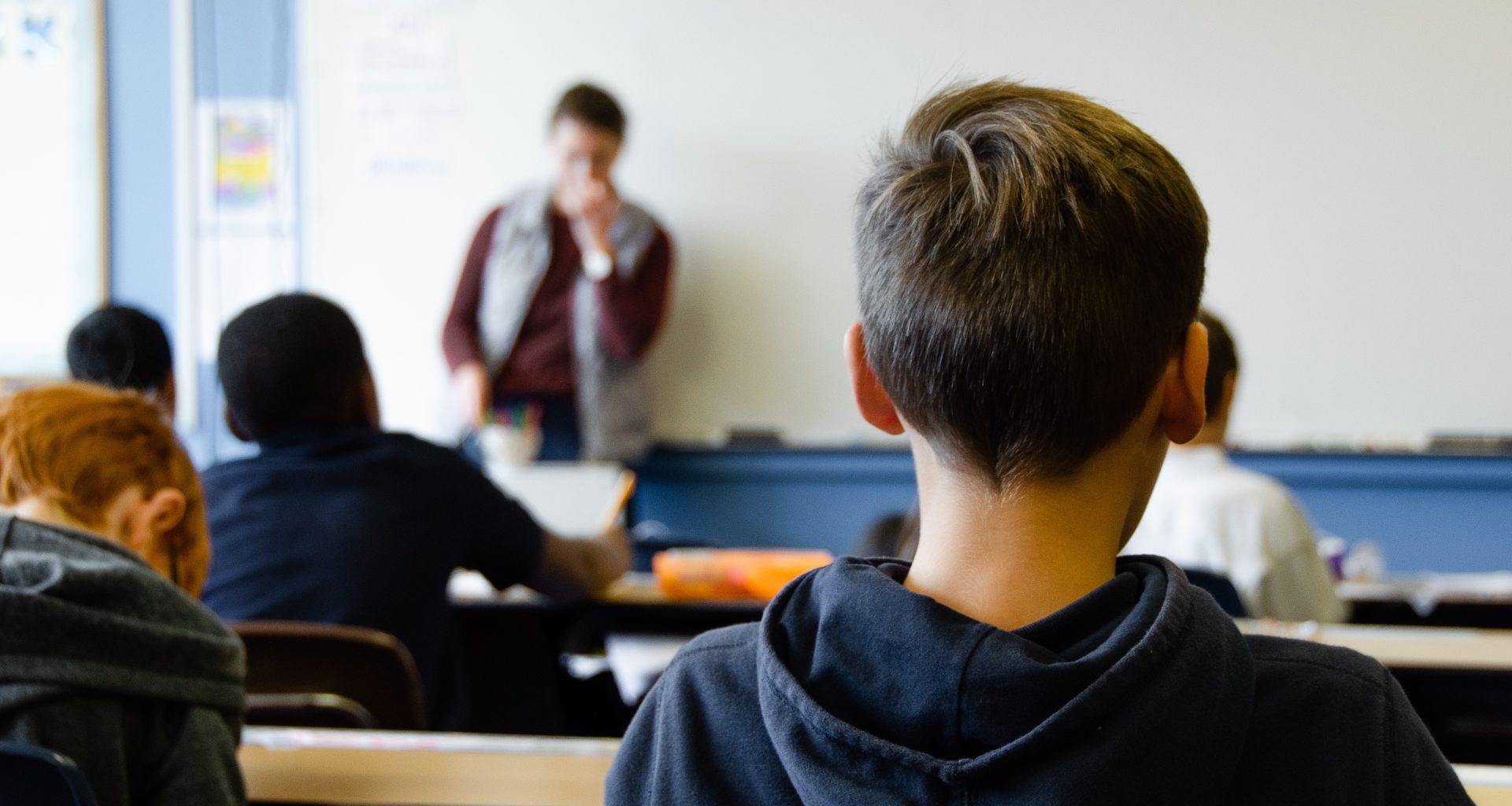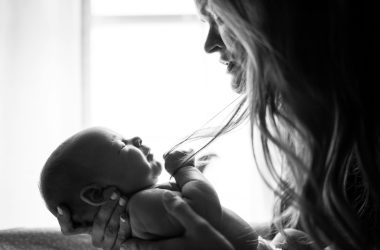Drowned out by the cacophony of issues and schemes targeting eclectic cohorts of young people, the fact that the most academically disadvantaged in our country remains the white working-class boy persists. Theresa May acknowledged the issue in her maiden speech, yet little materialised. Reports have floated through the media, and even the Houses of Parliament yet progress has been sluggish. Is this neglect due to the subject being anti-woke narrative or is it that the problems are so systemic we don’t know where to start?
Globally, the fight for equal representation has championed the rights of ethnic minorities across a variety of sectors. Yet, whilst this social justice movement lifted previously marginalised voices, the train might have forgotten to pick up the minorities within the majority – the white working-class boy. Partly an issue of overcorrection, partly an intergenerational and geographical issue, this and a lack of acknowledgements has now left this demographic in Britain struggling to achieve similar life outcomes to those around them.
Often ineligible for many universities schemes and potentially tabooed from speaking of their troubles through fears of provoking the ‘White Privilege’ argument, this demographic has been dismissed, reinforcing the illusion of uniformity amongst the racial majority. The traditional middle class does not face the same lack of engagement with further education and enjoy many of the broader privileges, and whilst the white working-class boy may not have a harder life because of his skin colour, the debate and engagement of identity politics make discussing other privileges, much harder to articulate among the wider noise.
“If you think it’s about poverty, then it doesn’t explain why most other ethnic groups do much better”
Conservative MP Robert Halfon spoke out at length about this “major social injustice” and accused the government of being misled to attribute the attainment gap to simply poverty. He stressed the destructive nature of slogans such as “white privilege” exacerbates the divide by pitting groups against each other.
“If you think it’s about poverty, then it doesn’t explain why most other ethnic groups do much better,” he said.
The ‘Us v Them’ mentality of modern politics solidifies identity as a cornerstone of debate, and whilst relevant, overlooks the nuances of the wider picture.
In 2021, the number of 18-year-olds accepted into university from the most disadvantaged backgrounds (POLAR4 quintile 1) for the first time exceeded 30,000, which is equivalent to 23.5% of the population. Whilst the socio-economic disparity in schools has significantly reduced, the question of inequality persists, with white boys continuing to fall back into achievement. A recent report by the Education Select committee was also surprised to find that despite being the ethnic majority in the country, Free School Meals (FSM) eligible white British pupils are the largest disadvantaged group.
The academic underachievement of white working class boys is also a cultural issue, with regional underinvestment and family disengagement from curriculum playing a part. But the funding models also reflect inequalities as most places receiving extra funding are major cities, in which there is a higher concentration of ethnic minority groups, as opposed to smaller towns with a higher proportion of white British populations.
“When we talk about white working class boys, the first thing that I’d say is it has very little to do with the fact that they’re white. The colour of their skin doesn’t matter, what matters is the history of the areas and the communities that they’ve come from.”
Britain’s history of class-based institution has suppressed and reduced people into sub-sections of society for hundreds of years. The attitudes of looking up to the gentry and looking down to the workers have reinforced a difficulty in social mobility, through unequal access to resources. Our allocation of resources across the country has assumed people will catch up with one another naturally, however, this has not always applied.
This is also a generational issue, with parents not instilling the value of education in their boys, and an absence of more vocational study options for those not so academically inclined. Systemic reinforcement of expectations passed down in families’ narratives such as, ‘I did fine, so you can too’ hinders the ambitions of all children.
The solution is not to send everyone to university – that would undoubtedly cause greater problems. Instead, we need to ensure further education is accessible and affordable to everyone. That could be university, or it could be an apprenticeship or even an online course. The most important thing to understand is individuality is key. One model doesn’t work for everyone.
Mark Roberts, author of ‘Boys Don’t Try? Rethinking Masculinity in Schools’ reinforced that economic factors and expectations of traditional masculinity compound the issue, commenting that, “gender, social class and also ethnicity all contribute, they all make a powerful impact, I wouldn’t want to downplay any of these influences so of course in a situation where boys of a certain economic background- more disadvantaged background are more likely to be facing these kinds of issues and it makes it more difficult for them to be able to get out of this cycle of poor performance.”
This March, Arts University Bournemouth, in partnership with the University of Portsmouth and the University of Winchester, have set up a scheme to tackle the attainment question amongst teenage working-class boys across Dorset. This project provides several workshops over the summer in artistic mediums for those youth more inclined to technical learning, opening opportunities to try things not usually included in the school curriculum such as photography and dance. A criterion of eligibility based on reception of free school meals and postcodes that reflect low areas of progression into Higher Education applies.
We spoke to Dr Alex Blower, Access and Participation Manager at AUB, who said:
“There’s also a lot going on with experiences of inequality, so when we talk about white working class boys, the first thing that I’d say is it has very little to do with the fact that they’re white, the colour of their skin doesn’t matter, what matters is the history of the areas and the communities that they’ve come from. So a lot of white working-class males might be in either coastal industry and town or the black country in the west midlands, or up in the north of England now historically they are communities that used to predominantly work in industrial settings, those industrial jobs got taken away back in the 1970s and 80s back when there was a shift to more service driven economy and alongside that there was the imperative of social mobility starting – now class doesn’t exist you can become middle class- well that didn’t work for the vast majority of those populations.”
He stressed that the divide is “about inequality and not having access to the resources, as access and participation manager what I’ve made it my mission to do and you can see with the [Being a Boy] project is provide mechanisms where we can greater understand the negotiations or masculinity and identity that these young people might be going through as a young man in 2022.”
Ultimately blaming ‘white privilege’ and identity politics has its place, but until we see change in the socio-geographical foundation, this generation of lost boys growing up in poverty will continue to fall behind.








